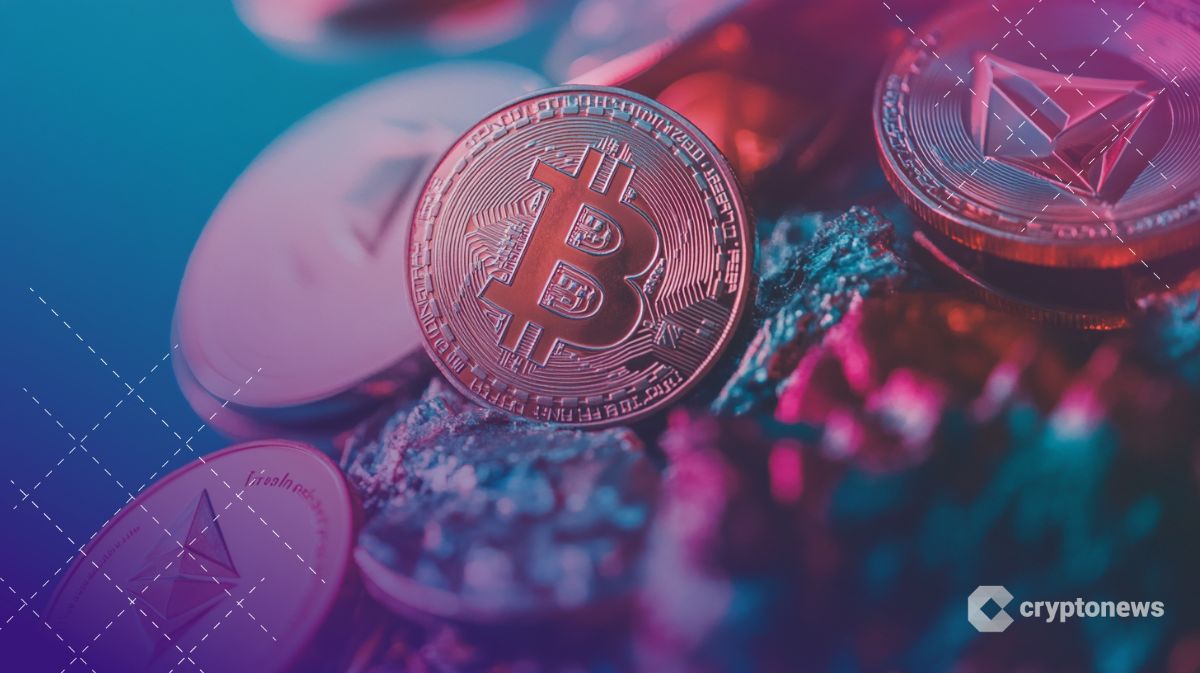Was Bitcoin Created by the Government? Analyst’s Claim Sparks Controversy

The post Was Bitcoin Created by the Government? Analyst’s Claim Sparks Controversy appeared first on Coinpedia Fintech News
Bitcoin has clearly made its mark in recent years, catching the attention of governments, financial institutions, and investors all over the world. However, the mystery surrounding Bitcoin’s origin continues to fuel debate.
The question of who really invented Bitcoin remains one of the most intriguing topics in the world of technology and finance. One analyst has reignited this, hinting that it may have ties to a government agency.
Who Created Bitcoin?
Analyst Plan C believes that there is a 50% chance Bitcoin was created by a government agency, although he hopes that it was born from an altruistic individual or group.
To back up this idea, Plan C pointed to some historical links.
He mentioned LifeLog, a DARPA research project designed to record people’s daily lives, which was shut down on February 4, 2004, the exact same day Facebook launched. He also notes that the internet itself was born out of the U.S. Department of Defense–funded projects like ARPANET and TCP/IP, conducted by academics and contractors, before it was expanded and commercialized through civilian, international, and private networks.
According to Plan C, it’s common for government projects to have appealing origin stories to gain public trust, often fronted by a private company or individual.
A Gateway to Government Control?
Despite the doubts, the analyst admits that he is still a fan of Bitcoin’s core features: its limited supply, decentralization, and user control.
At the same time, he wonders if Bitcoin could be part of a bigger plan to ease the transition to government-backed digital currencies that might be linked to social credit scores, digital IDs, and programmable money, that would give authorities more power over how people spend and access their money.
He also drew a parallel to the internet, which once felt open and free but has gradually become more regulated, and is heading toward a future where digital IDs are required for access.
“Bitcoin, in its current form, seems great—but that might be a credibility effect, to instill confidence in a new digital money ecosystem,” he says.
He remains skeptical and says that while Bitcoin may look great today, only time will tell what kind of ecosystem grows around it.
The CIA Theory: Tucker Carlson’s Take
Political commentator Tucker Carlson also recently claimed during a Turning Point USA event that the CIA may have created Bitcoin.
Although he loves the idea of Bitcoin and the blockchain because of the financial autonomy it offers, the mystery around Bitcoin’s anonymous founder, Satoshi Nakamoto, makes him wary of investing.
The mystery surrounding Bitcoin’s creator remains unsolved, and theories linking it to intelligence agencies keep cropping up. One thing remains clear – Bitcoin’s impact on global finance is real and growing.
You May Also Like

Bitcoin ETF Investors React to Fed’s Decision

Altcoin Market Misses $800B Boost as Retail Investors Shift to Crypto Stocks

